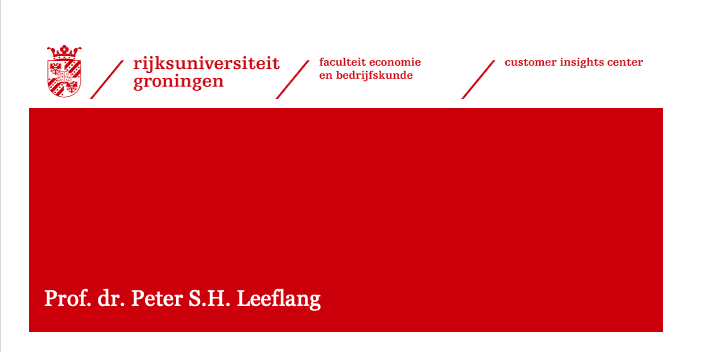Among other things, integrating AI into employees' tasks increases productivity through automation, but also carries the risk of essential human qualities fading into the background. This integration requires a careful balance between employees and AI to achieve true organisational success. AI increases productivity by automating up to 30 per cent of routine tasks, allowing employees to focus on higher-value-added strategic initiatives. Generative AI, a specialised form of artificial intelligence, can create reports and designs, for example. This streamlines work processes within organisations and leads to faster, more efficient operations. This technology not only increases productivity, but also improves the customer experience by delivering insights and personalising interactions, leading to greater customer satisfaction.
The real value of AI lies in supporting and enhancing unique human capabilities. While AI excels at automating data-driven insights by analysing large amounts of information at lightning speed, essential human qualities such as, emotional intelligence, creativity and problem-solving ability cannot be replicated. Organisations that view AI as a collaborative partner rather than a substitute have a significant advantage in this.
By creating a hybrid working environment in which AI complements human capabilities, organisations can harness the best of both worlds. This balanced approach allows employees to focus on complex, innovative tasks, while AI takes care of routine processes. Such a synergy between AI and human capital unlocks higher productivity, encourages sustainable growth and creates a mixed workforce that makes best use of each other's strengths. Is your organisation ready for this partnership?
Case - Lifeport
The collaboration between AI and human capital is well visible at Lifeport. Lifeport is a network of knowledge institutions, companies and governments. The affiliated knowledge institution Radboud UMC uses AI to diagnose cancer in patients. This not only helps to detect cancer at an early stage, but also enables more accurate treatment in combination with human expertise.
In addition, experts at Harvard Medical School have developed an AI tool to diagnose cancer, guide treatments and predict patient survival rates, significantly improving patient care.








